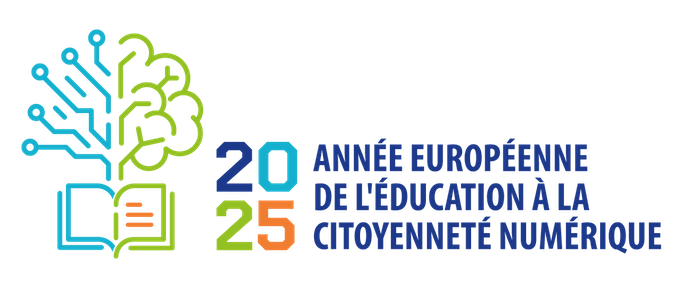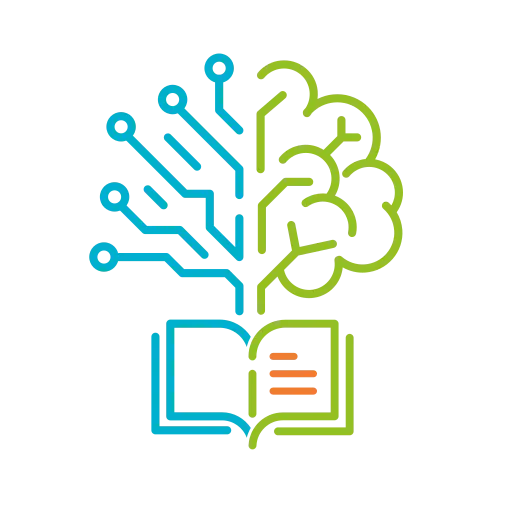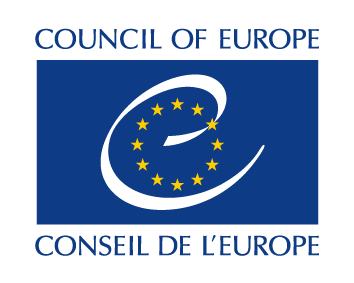- The National Action Plan for Digital Inclusion (2021) includes 3 strategic levers: building digital confidence, facilitating digital access and developing digital skills. The actions include digital skills training courses, training on safe use of the Internet for children and young people in primary and secondary schools provided by BEE SECURE, awareness raising campaigns and resources from BEE SECURE on online security, online behaviour and digital citizenship.
- ‘Einfach Digital’ (2020), a digital education strategy updating the 2014 Digital4Education strategy, focuses on 5 key competences: critical thinking, creativity, communication, collaboration, coding. The strategy provides a reference guide for education about and by the media, the Medienkompass (inspired by the European Digital Competence Framework for Citizens), which helps teachers and educators to train children and young people about media use. The strategy introduced systematic teaching of coding and computational thinking throughout the primary and secondary school curricula since 2020, with courses of coding and computational thinking in elementary education and of digital sciences in secondary education. A new system of ‘edupass’ badges recognises the competences learned through the digital sciences course.
- “Sécher digital”. ‘Sécher.digital’ (2024) is a national action plan for digital education, based on four pillars: Screen-Life-Balance, Artificial Intelligence, Digital Devices in the Classroom and Digital Governance. It is based on the promotion of responsible digital habits and prepares students and teachers for a balanced interaction with digital tools. Inspired by the evolving needs of digital literacy, ‘sécher.digital’ emphasises the responsible use of AI and includes structured guidelines for integrating digital tools in educational settings. Currently in its pilot phase, the action plan aims to raise both awareness and skills to ensure safe and informed digital practices across the educational landscape. In this framework, the Ministry of Education, Children and Youth is therefore proposing new regulations for the year 2024/2025 concerning the use of smartphones within educational structures. Screen-Life-Balance is a priority for the school year 2024/2025, in formal or non-formal education, as well as in partnership with parents. The Ministry of Education, Children and Youth is therefore proposing new regulations for the year 2024/2025 concerning the use of smartphones within educational structures. The Screen-Life-Balance, along with recommendations for parents and measures for educational facilities, is the first axis of the action plan that is going to be developed over the coming months and years.
- The white paper on the new curriculum for basic education, published in October 2023, serves as the foundation for a new curriculum for basic education, scheduled for completion in 2025 and a gradual entry into force for the start of the 2026-2027 school year. It has been developed by SCRIPT’s Curriculum Development Division, and presents a synthesis of the input gathered during an extensive consultation process that began in 2020. More than 1,200 school stakeholders were involved, and over 6,000 comments were collected and analysed. The new curriculum will be structured around four pillars: 1) student well-being (nutrition, movement, motor skills, emotional and sexual education, resilience, digital consumption, etc.), 2) participation (responsibility, commitment, students voice, contributing to the transformation of society with a view to sustainability, etc.), 3) multilingualism (literacy in German or French, clarifying the role of vehicular languages, etc.) and 4) digitality (media literacy, information and communication skills, critical thinking, creativity and problem-solving, data protection and cybersecurity in the digital world…)
- New “digital sciences” subject. In the 2021/2022 school year, Luxembourg introduced a new « digital sciences » subject to lower grades in secondary education, aiming to equip students with technical skills and competencies for safe, effective engagement in the digital world. Offered in all high schools, the course covers themes like digital identity, programming, the internet, gaming, robotics, and artificial intelligence. Its multidisciplinary approach allows teachers from various fields to teach it, emphasizing connections between knowledge areas and real-world application. Partners with digital expertise, such as the Zentrum fir politesch Bildung (ZpB) and Bee Secure, also collaborate to enrich students’ learning experiences.
- The Skillsbridges. In 2024, Luxembourg’s Ministry of Education introduced « Skillsbridges, » a digital upskilling initiative for employed and unemployed adults under Luxembourg’s Recovery and Resilience Plan, co-financed by the EU. Supported by the OECD Skills Strategy and developed through the Skillsdësch, this program focuses on continuous training to address labor market shifts and digital inclusion. Courses, like « Artificial Intelligence for Administrative Teams, » target sectors with skill shortages, offering 40-240 hour programs through the National Centres for Continuing Vocational Education and Training (CNFPC). Certification is provided upon completion, with a capacity of up to 800 participants per year
Sources
- https://mindigital.gouvernement.lu/dam-assets/publications/document-de-reference/plan-national-inclusion-numerique-2021/EN-Plan-daction-inclusion-numerique-2021.pdf
- https://men.public.lu/en/publications/dossiers-presse/2019-2020/einfach-digital.html
https://www.edumedia.lu/wp-content/uploads/2022/12/Medienkompass_FR_web.pdf
https://www.script.lu/fr/activites/innovation/systeme-de-badges-edupass - https://secher.digital/fr/
- https://curriculum.lu/lb/enseignement-fondamental/plandetudes
- https://men.public.lu/en/publications/dossiers-presse/2020-2021/18-digital-sciences.html
- https://men.public.lu/en/publications/dossiers-presse/2023-2024/20240722-skillsbridges.html



